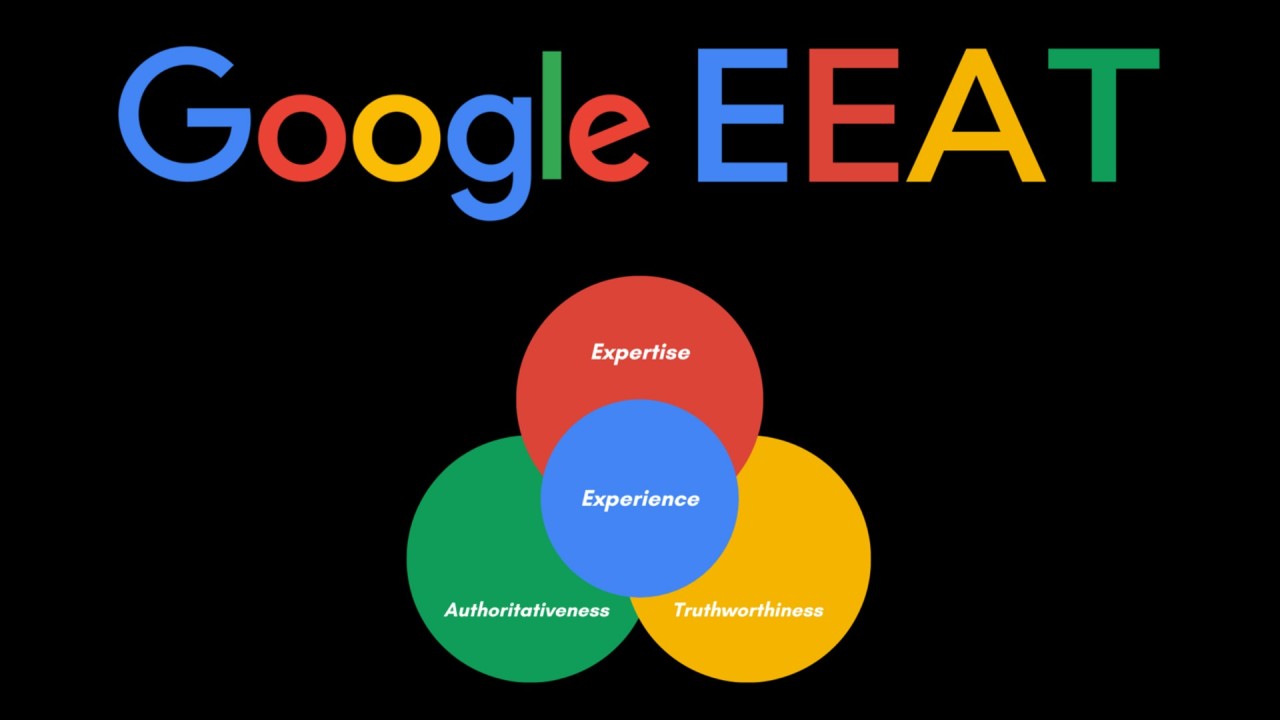If you want instant visibility and measurable traffic for your business, few tools are more powerful than Pay-Per-Click (PPC) advertising. Whether it’s Google Ads, YouTube pre-roll, or social display ads, PPC allows you to get your message in front of the right people—right when they’re searching for what you offer.
But without the right strategy, PPC can quickly become expensive and ineffective. That’s why Miami businesses turn to Lighthouse Internet Media—a digital marketing agency that designs and manages ROI-focused PPC campaigns for companies across South Florida.
If you’re tired of wasting money on ads that don’t convert, here’s how Lighthouse takes a smarter approach to paid media—and delivers results that go beyond just clicks.
Understanding PPC: More Than Just Paid Traffic
PPC advertising is more than boosting a post or bidding on a few keywords. It’s a real-time auction system where you’re competing for attention—and paying every time someone clicks. Whether you’re targeting branded keywords, competitor names, or service-related searches, strategy is everything.
The goal isn’t to drive traffic for the sake of traffic. It’s to generate qualified leads, phone calls, appointments, and sales.
Lighthouse Internet Media treats PPC as a science—and an art. They combine deep data analysis with creative messaging to craft ads that connect with your audience, match their intent, and lead them to take action.
Step One: Audience Targeting and Keyword Strategy
Every successful campaign starts with understanding the audience. Lighthouse conducts market research to define who your ideal customers are, what they’re searching for, and how they behave online.
From there, they build keyword strategies that include:
- High-converting, intent-driven search terms
- Negative keywords to avoid wasted spend
- Geo-targeting to narrow results to your service areas
- Demographic and device targeting for better reach
Whether you’re a Miami law firm looking for case leads or a home service company booking appointments in Kendall, Lighthouse ensures your ads are seen by the right people, in the right place, at the right time.
Step Two: Ad Creation That Converts
Many businesses waste money on ads that look good but don’t drive results. Lighthouse focuses on conversion-based copy and design, creating Google Ads, display banners, and video ads that speak directly to your customers’ pain points and needs.
They test headlines, descriptions, calls to action, and ad extensions to see what works—and continuously refine the creative to boost performance. Every ad is designed to do one thing well: get the click that leads to a result.
Step Three: Landing Pages That Drive Action
Too many PPC campaigns fail because they send traffic to a generic home page. Lighthouse fixes that by creating custom landing pages for each campaign or service. These pages are fast, mobile-optimized, and built around one goal: conversion.
Whether it’s a lead form, phone call, appointment booking, or online purchase, every element on the page supports that goal. The result is higher quality leads and better return on ad spend.
Step Four: Analytics, Reporting, and Optimization
Lighthouse doesn’t just launch your campaign and walk away. They monitor performance daily, using tools like Google Ads Manager, Analytics, and heatmaps to understand how users engage—and where improvements can be made.
You’ll receive transparent monthly reports with clear metrics: impressions, clicks, conversions, cost per lead, and more. And if something isn’t working, they pivot fast. The focus is always on results, not vanity metrics.
Built for Miami’s Fast-Moving Market
In a city like Miami, where competition is fierce and digital attention is limited, you need PPC campaigns that are strategic, agile, and data-driven. Lighthouse Internet Media brings that edge to every client, helping businesses get the most out of every advertising dollar.
Ready to Turn Clicks into Clients?
If your PPC campaigns aren’t performing—or you’re ready to launch a smarter paid strategy—schedule a free ad audit with Lighthouse Internet Media today. Let their team show you how to build a system that delivers results you can measure and scale.
How Lighthouse Internet Media Builds High-Converting PPC Campaigns for South Florida Businesses
If you want instant visibility and measurable traffic for your business, few tools are more powerful than Pay-Per-Click (PPC) advertising. Whether it’s Google Ads, YouTube pre-roll, or social display ads, PPC allows you to get your message in front of the right people—right when they’re searching for what you offer.
But without the right strategy, PPC can quickly become expensive and ineffective. That’s why Miami businesses turn to Lighthouse Internet Media—a digital marketing agency that designs and manages ROI-focused PPC campaigns for companies across South Florida.
If you’re tired of wasting money on ads that don’t convert, here’s how Lighthouse takes a smarter approach to paid media—and delivers results that go beyond just clicks.
Understanding PPC: More Than Just Paid Traffic
PPC advertising is more than boosting a post or bidding on a few keywords. It’s a real-time auction system where you’re competing for attention—and paying every time someone clicks. Whether you’re targeting branded keywords, competitor names, or service-related searches, strategy is everything.
The goal isn’t to drive traffic for the sake of traffic. It’s to generate qualified leads, phone calls, appointments, and sales.
Lighthouse Internet Media treats PPC as a science—and an art. They combine deep data analysis with creative messaging to craft ads that connect with your audience, match their intent, and lead them to take action.
Step One: Audience Targeting and Keyword Strategy
Every successful campaign starts with understanding the audience. Lighthouse conducts market research to define who your ideal customers are, what they’re searching for, and how they behave online.
From there, they build keyword strategies that include:
- High-converting, intent-driven search terms
- Negative keywords to avoid wasted spend
- Geo-targeting to narrow results to your service areas
- Demographic and device targeting for better reach
Whether you’re a Miami law firm looking for case leads or a home service company booking appointments in Kendall, Lighthouse ensures your ads are seen by the right people, in the right place, at the right time.
Step Two: Ad Creation That Converts
Many businesses waste money on ads that look good but don’t drive results. Lighthouse focuses on conversion-based copy and design, creating Google Ads, display banners, and video ads that speak directly to your customers’ pain points and needs.
They test headlines, descriptions, calls to action, and ad extensions to see what works—and continuously refine the creative to boost performance. Every ad is designed to do one thing well: get the click that leads to a result.
Step Three: Landing Pages That Drive Action
Too many PPC campaigns fail because they send traffic to a generic home page. Lighthouse fixes that by creating custom landing pages for each campaign or service. These pages are fast, mobile-optimized, and built around one goal: conversion.
Whether it’s a lead form, phone call, appointment booking, or online purchase, every element on the page supports that goal. The result is higher quality leads and better return on ad spend.
Step Four: Analytics, Reporting, and Optimization
Lighthouse doesn’t just launch your campaign and walk away. They monitor performance daily, using tools like Google Ads Manager, Analytics, and heatmaps to understand how users engage—and where improvements can be made.
You’ll receive transparent monthly reports with clear metrics: impressions, clicks, conversions, cost per lead, and more. And if something isn’t working, they pivot fast. The focus is always on results, not vanity metrics.
Built for Miami’s Fast-Moving Market
In a city like Miami, where competition is fierce and digital attention is limited, you need PPC campaigns that are strategic, agile, and data-driven. Lighthouse Internet Media brings that edge to every client, helping businesses get the most out of every advertising dollar.
Ready to Turn Clicks into Clients?
If your PPC campaigns aren’t performing—or you’re ready to launch a smarter paid strategy—schedule a free ad audit with Lighthouse Internet Media today. Let their team show you how to build a system that delivers results you can measure and scale.











Recent Comments